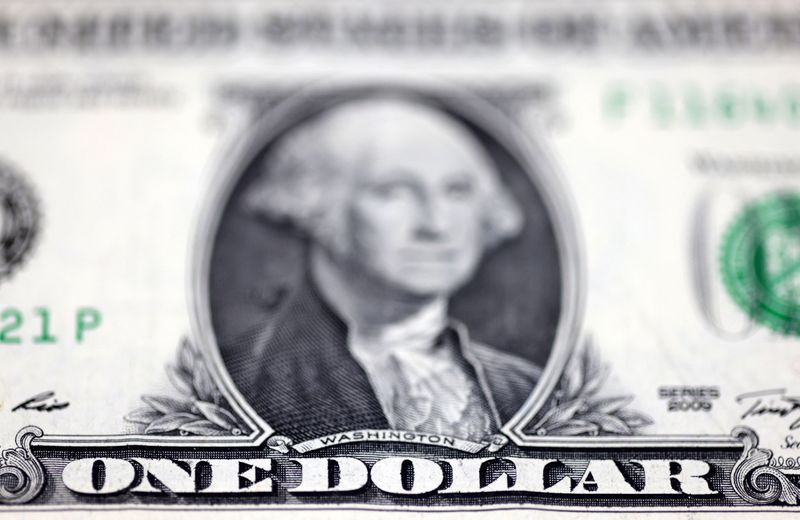Financial Associated Press, September 22 (Editor Xiaoxiang) The Federal Reserve announced another 75 basis points increase in interest rates on Wednesday, the latest aggressive move by the Federal Reserve to curb high inflation. However, the move could also have a number of side effects, including a potential recession that could further exacerbate the fiscal deficit facing the federal government over the next few years.
The rate hikes announced this week alone will add $2.1 trillion to the government deficit over the next decade, according to a new forecast from the nonprofit Council for Responsible Federal Budget (CRFB).
That figure builds on rounds of rate hikes already taken earlier this year that are expected to add trillions of dollars to the federal deficit over the next few years.
The U.S. central bank ended its two-day policy meeting on Wednesday, announcing a 75 basis point rate hike for the third straight meeting, while still “making it clear” that further sharp hikes are likely in the coming months.
To be sure, the impact of the federal deficit is far from the most pressing concern for policymakers now preoccupied with curbing inflation. Still, this could pose a significant risk as the Fed and government fiscal policymakers try to achieve a “soft landing.”
CRFB Chairman Maya MacGuineas said in an interview with the media earlier this week that those irresponsible fiscal policies in recent years are making the Fed’s job several times harder. The challenge has made a recession more likely, she added.
The last time the Fed raised rates as quickly as this year was back in the early 1980s when Paul Volcker was at the helm. Although the federal funds rate at the time soared to about 20%, Volcker had a distinct advantage over Powell at the time, when the U.S. government debt was only about 30% of GDP.
Today, however, total U.S. debt levels have ballooned to about 120% of GDP.
As interest rates rise, so will the cost of borrowing for the US federal government’s $30.89 trillion in debt. The CRFB had previously projected that interest payments on the debt itself would be the fastest-growing part of the federal budget over the next few years.
The CRFB said in June that it expected annual debt-servicing costs to triple as a result, from nearly $400 billion in fiscal 2022 to a staggering $1.2 trillion in 2032—a cumulative cost increase over the next decade $8.1 trillion.
The two parties have sown “bad fruit” in the past few years
MacGuineas blamed the dire situation facing the overall debt situation on spending frenzy by lawmakers from both parties. While acknowledging the importance of spending trillions of dollars in the fight against Covid-19, she also added, “It’s unfortunately sandwiched between two periods of very reckless over-borrowing when we shouldn’t be throwing money away. .”
The 2017 Tax Cuts and Jobs Act, signed by then-President Trump and the Biden administration’s recent spending bill, both contributed to the current record deficit, she said. Her team also recently slammed Biden’s executive order for student loan forgiveness, which is expected to add about $500 billion to an already sky-high deficit.
In recent years, policymakers on both sides of the aisle have tried to play down debt concerns.
Republicans have long believed that the 2017 tax cuts would pay dividends, although that proved not to be the case. At the same time, Democrats have also continued to argue that deficits don’t matter: some cited an unorthodox economic theory known as “Modern Monetary Theory” (MMT), which assumes that the government can avoid the consequences of debt because it can Print more currency.
“All of this heresy is tricking politicians into believing that they don’t have to pay for this stuff,” MacGuineas said. “These theories give politicians a passport to get their hands on it.”
